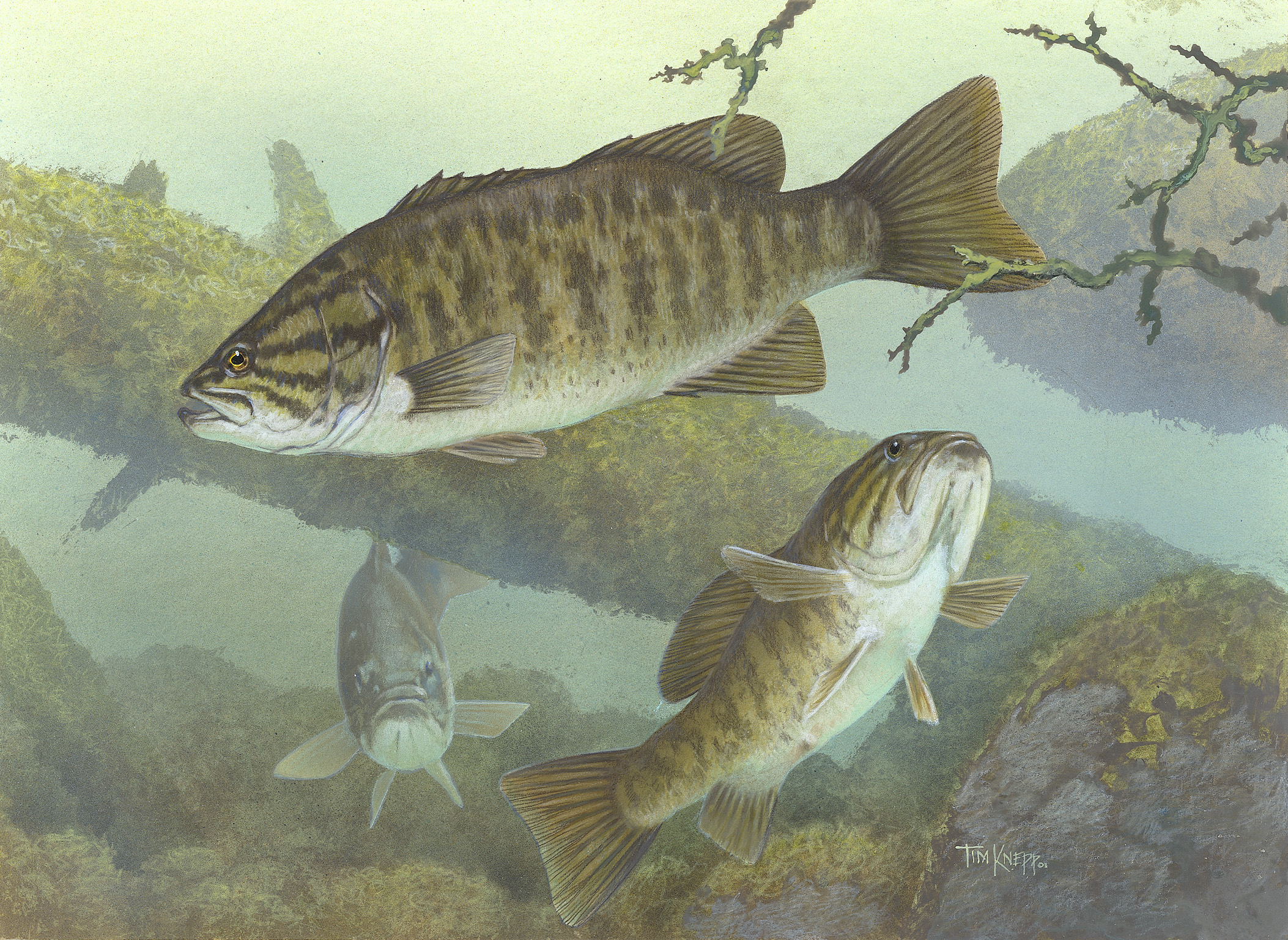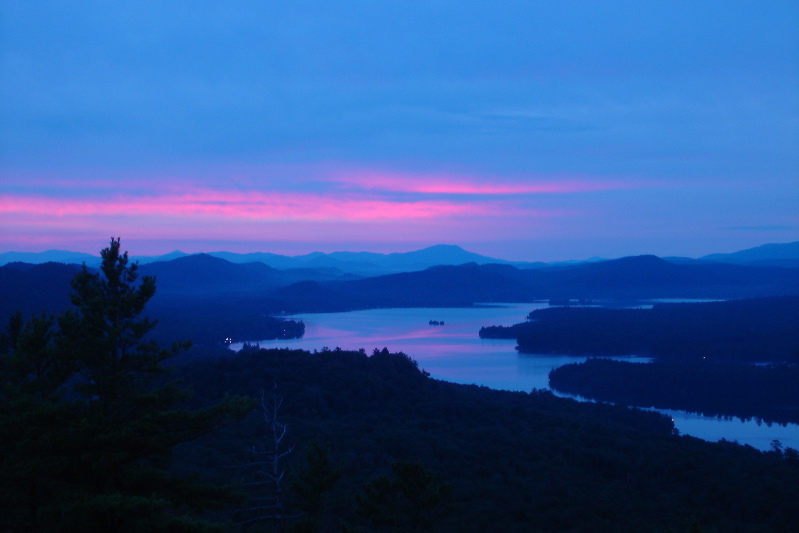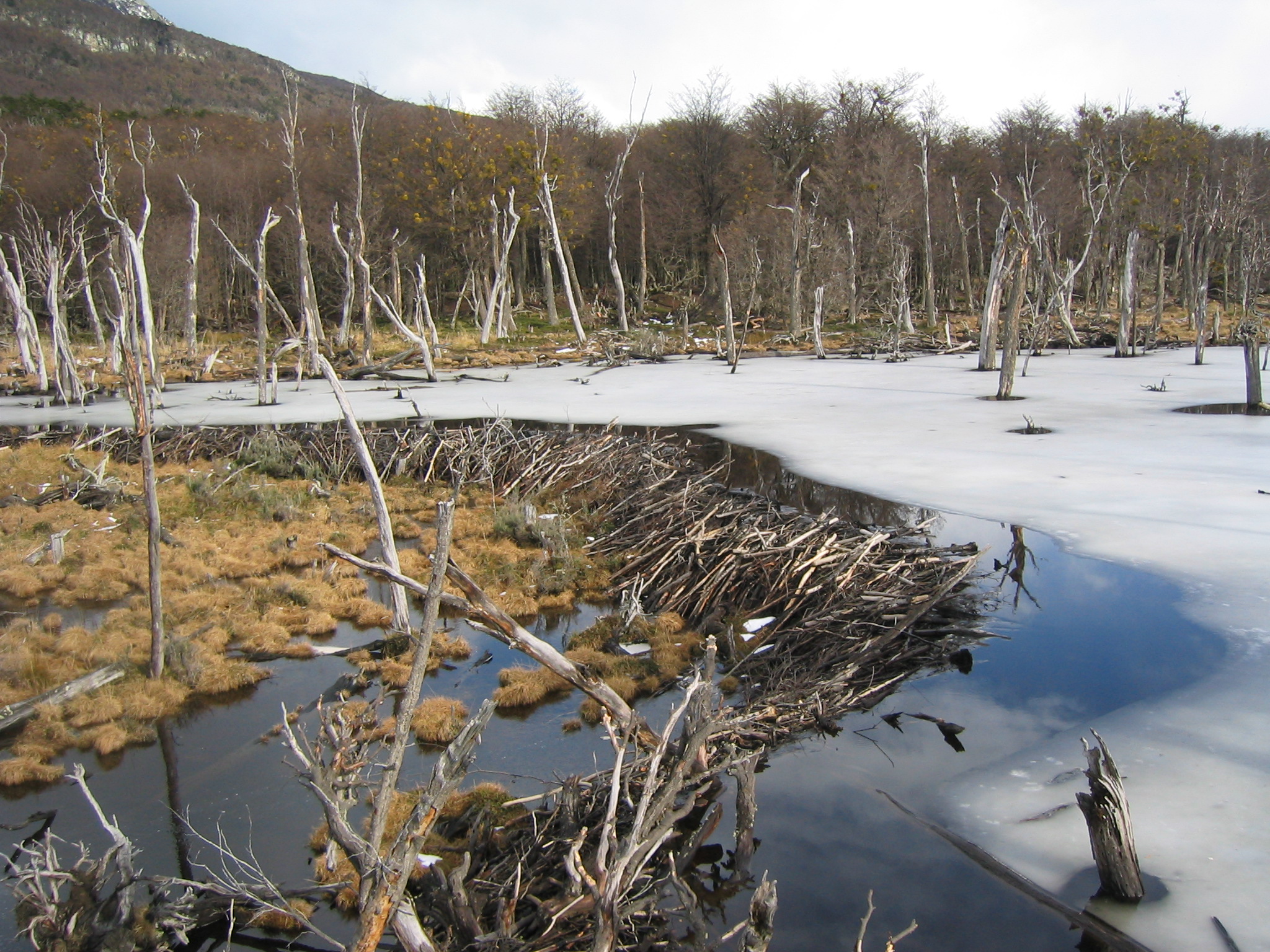|
Pumpkinseed
The pumpkinseed (''Lepomis gibbosus''), also referred to as pond perch, common sunfish, punkie, sunfish, sunny, and kivver, is a small/medium-sized North American freshwater fish of the genus '' Lepomis'' (true sunfishes), from family Centrarchidae (sunfishes, crappies and black basses) in the order Perciformes. Distribution and habitat The pumpkinseed's natural range in North America is from New Brunswick down the east coast to South Carolina. It then runs inland to the middle of North America, and extends through Iowa and back through Pennsylvania. Pumpkinseed sunfish have however been introduced throughout most of North America. They can now be found from Washington and Oregon on the Pacific Coast to Georgia on the Atlantic Coast. Yet they are primarily found in the northeastern United States and more rarely in the south-central or southwestern region of the continent. [...More Info...] [...Related Items...] OR: [Wikipedia] [Google] [Baidu] |
Centrarchidae
Centrarchidae, better known as sunfishes, is a family of freshwater ray-finned fish belonging to the order Perciformes (formerly belonging to the deprecated order Centrarchiformes), native only to North America. There are eight universally included genera within the centrarchid family: '' Lepomis'' (true sunfishes), '' Micropterus'' (black basses), ''Pomoxis'' (crappies), '' Enneacanthus'' (banded sunfishes), ''Centrarchus'' (type genus, consisting solely of the flier ''C. macropterus''), ''Archoplites'' ( Sacramento perch), '' Ambloplites'' (rock basses), and ''Acantharchus'' ( mud sunfish). A genetic study in 2012 suggests that the highly distinct pygmy sunfishes of the genus '' Elassoma'' are also centarchids. The centrarchid family comprises 38 identified species, 34 of which are extant. It includes many popular game fishes familiar to North American anglers, such as the rock bass, largemouth bass, bluegill, pumpkinseed, green sunfish and crappies. Most sunfis ... [...More Info...] [...Related Items...] OR: [Wikipedia] [Google] [Baidu] |
Lepomis
''Lepomis'' or true sunfish is a genus of North American freshwater fish from the family Centrarchidae in the order Perciformes (perch-like fish). The generic name ''Lepomis'' derives from the Greek ("scale") and ("cover", "plug", " operculum"). The genus' most recognizable type species is perhaps the bluegill. Some ''Lepomis'' species can grow to a maximum overall length of , though most average around . Many species are sought by anglers as popular panfishes, and large numbers are bred and stocked in lakes, rivers, ponds and wetlands. They are widely distributed throughout the freshwater lakes and river tributaries of the United States and Canada, and several species have been translocated and flourished around the world, even becoming pests. Aquarium trade in some ''Lepomis'' species is prohibited in Germany for this reason. ''Lepomis'' species, among others, are sometimes referred to as bream, but the term is also used to refer explicitly to the unrelated European cy ... [...More Info...] [...Related Items...] OR: [Wikipedia] [Google] [Baidu] |
Carl Linnaeus
Carl Linnaeus (; 23 May 1707 – 10 January 1778), also known after his ennoblement in 1761 as Carl von Linné Blunt (2004), p. 171. (), was a Swedish botanist, zoologist, taxonomist, and physician who formalised binomial nomenclature, the modern system of naming organisms. He is known as the "father of modern taxonomy". Many of his writings were in Latin; his name is rendered in Latin as and, after his 1761 ennoblement, as . Linnaeus was born in Råshult, the countryside of Småland, in southern Sweden. He received most of his higher education at Uppsala University and began giving lectures in botany there in 1730. He lived abroad between 1735 and 1738, where he studied and also published the first edition of his ' in the Netherlands. He then returned to Sweden where he became professor of medicine and botany at Uppsala. In the 1740s, he was sent on several journeys through Sweden to find and classify plants and animals. In the 1750s and 1760s, he continued to coll ... [...More Info...] [...Related Items...] OR: [Wikipedia] [Google] [Baidu] |
Oregon
Oregon () is a state in the Pacific Northwest region of the Western United States. The Columbia River delineates much of Oregon's northern boundary with Washington, while the Snake River delineates much of its eastern boundary with Idaho. The 42° north parallel delineates the southern boundary with California and Nevada. Oregon has been home to many indigenous nations for thousands of years. The first European traders, explorers, and settlers began exploring what is now Oregon's Pacific coast in the early-mid 16th century. As early as 1564, the Spanish began sending vessels northeast from the Philippines, riding the Kuroshio Current in a sweeping circular route across the northern part of the Pacific. In 1592, Juan de Fuca undertook detailed mapping and studies of ocean currents in the Pacific Northwest, including the Oregon coast as well as the strait now bearing his name. Spanish ships – 250 in as many years – would typically not land before reaching Cape M ... [...More Info...] [...Related Items...] OR: [Wikipedia] [Google] [Baidu] |
Upstate New York
Upstate New York is a geographic region consisting of the area of New York State that lies north and northwest of the New York City metropolitan area. Although the precise boundary is debated, Upstate New York excludes New York City and Long Island, and most definitions of the region also exclude all or part of Westchester and Rockland counties, which are typically included in Downstate New York. Major cities across Upstate New York from east to west include Albany, Utica, Binghamton, Syracuse, Rochester, and Buffalo. Upstate New York is divided into several subregions: the Hudson Valley (of which the lower part is sometimes debated as to being "upstate"), the Capital District, the Mohawk Valley region, Central New York, the Southern Tier, the Finger Lakes region, Western New York, and the North Country. Before the European colonization of the United States, Upstate New York was populated by several Native American tribes. It was home to the Iroquois Confederacy, ... [...More Info...] [...Related Items...] OR: [Wikipedia] [Google] [Baidu] |
Honeoye Lake
Honeoye Lake ( ) is one of the Finger Lakes located in Ontario County, New York. Most of the lake is within the town of Richmond but a smaller southwestern part is in the town of Canadice. The hamlet of Honeoye is just north of the lake. The name Honeoye comes from the Seneca word ''ha-ne-a-yah'', which means ''lying finger'', or ''where the finger lies''. The name comes from the local story of a Native American whose finger was bitten by a rattlesnake and who therefore cut off his finger with a tomahawk. Description Honeoye Lake is the second smallest of the Finger Lakes and is located to the west of the major lakes. To its west are other minor Finger Lakes: Canadice Lake, Hemlock Lake, and Conesus Lake. As with the other Finger Lakes, Honeoye Lake was created by the advance and subsequent melting of continental glaciation. The lake's surface is above sea level. The lake is long and narrow with a roughly north-south orientation, and a surface area of . It is also re ... [...More Info...] [...Related Items...] OR: [Wikipedia] [Google] [Baidu] |
Common Name
In biology, a common name of a taxon or organism (also known as a vernacular name, English name, colloquial name, country name, popular name, or farmer's name) is a name that is based on the normal language of everyday life; and is often contrasted with the scientific name for the same organism, which is Latinized. A common name is sometimes frequently used, but that is not always the case. In chemistry, IUPAC defines a common name as one that, although it unambiguously defines a chemical, does not follow the current systematic naming convention, such as acetone, systematically 2-propanone, while a vernacular name describes one used in a lab, trade or industry that does not unambiguously describe a single chemical, such as copper sulfate, which may refer to either copper(I) sulfate or copper(II) sulfate. Sometimes common names are created by authorities on one particular subject, in an attempt to make it possible for members of the general public (including such interested p ... [...More Info...] [...Related Items...] OR: [Wikipedia] [Google] [Baidu] |
Pumpkin Seed
A pumpkin seed, also known in North America as a pepita (from the Mexican es, pepita de calabaza, "little seed of squash"), is the edible seed of a pumpkin or certain other cultivars of squash. The seeds are typically flat and asymmetrically oval, have a white outer husk, and are light green in color after the husk is removed. Some cultivars are huskless, and are grown only for their edible seed. The seeds are nutrient- and calorie-rich, with an especially high content of fat (particularly linoleic acid and oleic acid), protein, dietary fiber, and numerous micronutrients. ''Pumpkin seed'' can refer either to the hulled kernel or unhulled whole seed, and most commonly refers to the roasted end product used as a snack. Cuisine Pumpkin seeds are a common ingredient in Mexican cuisine and are also roasted and served as a snack. Marinated and roasted, they are an autumn seasonal snack in the United States, as well as a commercially produced and distributed packaged snack, like s ... [...More Info...] [...Related Items...] OR: [Wikipedia] [Google] [Baidu] |
Landed Pumpkinseed Sunfish
{{disambiguation ...
Landed may refer to: * ''Landed'' (album), a 1975 album by Can * "Landed", a song by Ben Folds from '' Songs for Silverman'' * "Landed", a song by Drake from '' Dark Lane Demo Tapes'' * Landed gentry, a largely historical privileged British social class * Landed property, a real estate term See also * Landing (other) * Landed gentry (other) Landed gentry usually refers to a largely historical British social class consisting in theory of landowners who could live entirely from rental income, or at least had a country estate. Landed gentry may also refer to: *''Burke's Landed Gentry'', ... [...More Info...] [...Related Items...] OR: [Wikipedia] [Google] [Baidu] |
Invasive Species
An invasive species otherwise known as an alien is an introduced organism that becomes overpopulated and harms its new environment. Although most introduced species are neutral or beneficial with respect to other species, invasive species adversely affect habitats and bioregions, causing ecological, environmental, and/or economic damage. The term can also be used for native species that become harmful to their native environment after human alterations to its food webfor example the purple sea urchin ('' Strongylocentrotus purpuratus'') which has decimated kelp forests along the northern California coast due to overharvesting of its natural predator, the California sea otter ('' Enhydra lutris''). Since the 20th century, invasive species have become a serious economic, social, and environmental threat. Invasion of long-established ecosystems by organisms is a natural phenomenon, but human-facilitated introductions have greatly increased the rate, scale, and geographic range ... [...More Info...] [...Related Items...] OR: [Wikipedia] [Google] [Baidu] |
Europe
Europe is a large peninsula conventionally considered a continent in its own right because of its great physical size and the weight of its history and traditions. Europe is also considered a subcontinent of Eurasia and it is located entirely in the Northern Hemisphere and mostly in the Eastern Hemisphere. Comprising the westernmost peninsulas of Eurasia, it shares the continental landmass of Afro-Eurasia with both Africa and Asia. It is bordered by the Arctic Ocean to the north, the Atlantic Ocean to the west, the Mediterranean Sea to the south and Asia to the east. Europe is commonly considered to be separated from Asia by the watershed of the Ural Mountains, the Ural River, the Caspian Sea, the Greater Caucasus, the Black Sea and the waterways of the Turkish Straits. "Europe" (pp. 68–69); "Asia" (pp. 90–91): "A commonly accepted division between Asia and Europe ... is formed by the Ural Mountains, Ural River, Caspian Sea, Caucasus Mountains, and the Blac ... [...More Info...] [...Related Items...] OR: [Wikipedia] [Google] [Baidu] |
Europe Lepomis Map
Europe is a large peninsula conventionally considered a continent in its own right because of its great physical size and the weight of its history and traditions. Europe is also considered a subcontinent of Eurasia and it is located entirely in the Northern Hemisphere and mostly in the Eastern Hemisphere. Comprising the westernmost peninsulas of Eurasia, it shares the continental landmass of Afro-Eurasia with both Africa and Asia. It is bordered by the Arctic Ocean to the north, the Atlantic Ocean to the west, the Mediterranean Sea to the south and Asia to the east. Europe is commonly considered to be separated from Asia by the watershed of the Ural Mountains, the Ural River, the Caspian Sea, the Greater Caucasus, the Black Sea and the waterways of the Turkish Straits. "Europe" (pp. 68–69); "Asia" (pp. 90–91): "A commonly accepted division between Asia and Europe ... is formed by the Ural Mountains, Ural River, Caspian Sea, Caucasus Mountains, and the Black Sea wit ... [...More Info...] [...Related Items...] OR: [Wikipedia] [Google] [Baidu] |


.jpg)

.jpg)

